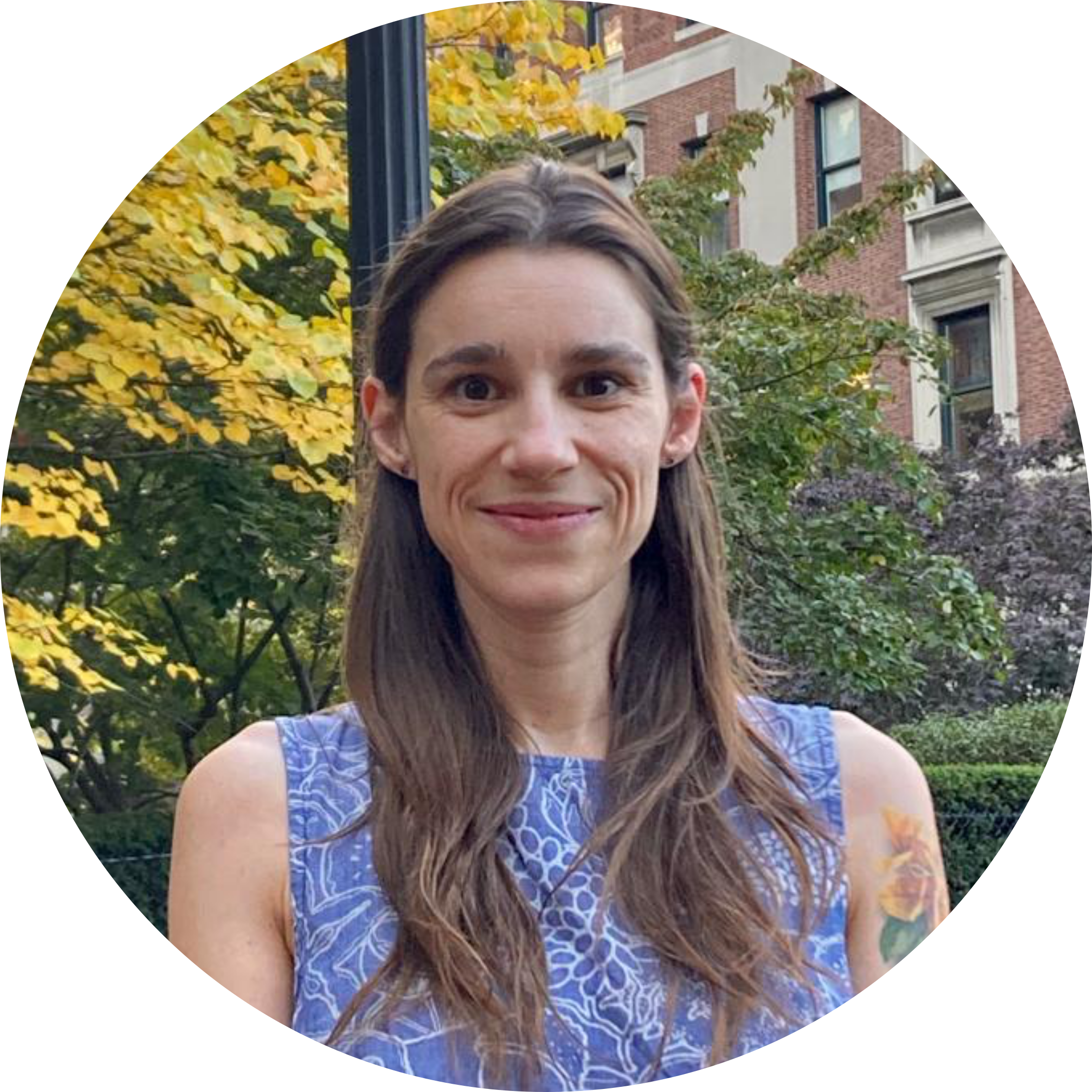Debora MonegoI am a postdoctoral researcher at the Molecular Biomechanics group at the Heidelberg Institute for Theoretical Studies, collaborating with Prof. Dr. Frauke Gräter to create models for understanding protein dynamics and mechanics. I earned my PhD in Chemistry from Sydney University, where I researched the impact of surface ligands on colloidal stability and nanoparticle interactions with Prof. Asaph Widmer-Cooper. Following this, I served as a Chemistry Lecturer at Columbia University, teaching the Frontiers of Science course. Email / CV / Google Scholar / Twitter |

|
ResearchI explore the intersection of mechanical and chemical signaling in biological systems using computational tools, aiming to develop innovative, biologically inspired materials. |
 
|
Collagen breaks at weak sacrificial bonds taming its mechanoradicals
Benedikt Rennekamp, Christoph Karfusehr, Markus Kurth, Aysecan Ünal, Debora Monego, Kai Riedmiller, Ganna Gryn’ova, David M Hudson, Frauke Gräter Nature Communications, 2023 bioRxiv We use simulations and experiments to identify that collagen's weakest bonds, particularly in trivalent crosslinks, act as sacrificial points, rupturing to maintain material integrity and stabilize potentially harmful mechanoradicals, suggesting a strategy against early macroscopic failure and aging in connective tissue. |
 
|
Ligand-Induced Incompatible Curvatures Control Ultrathin Nanoplatelet Polymorphism and Chirality
Debora Monego, Sarit Dutta, Doron Grossman, Marion Krapez, Pierre Bauer, Austin Hubley, Jérémie Margueritat, Benoit Mahler, Asaph Widmer-Cooper, Benjamin Abécassis PNAS, 2024 arXiv Organic ligands interacting with nanocrystal surfaces induce a variety of chiral shapes in colloidal nanoplatelets. We introduce a conceptual framework that encapsulates this behavior through an aggregate parameter, paving the way for the rational design of dynamic, chiral nanostructures. |
 
|
When Like Destabilizes Like: Inverted Solvent Effects in Apolar Nanoparticle Dispersions
Debora Monego, Thomas Kister, Nicholas Kirkwood, David Doblas, Paul Mulvaney, Tobias Kraus, Asaph Widmer-Cooper ACS Nano, 2020 arXiv Unlike classical colloid theory predictions, nanoparticles with alkanethiol shells in apolar solvents show increased agglomeration temperature with longer solvent chains, a phenomenon driven by enthalpic and entropic effects enhancing ligand order. |
 
|
Colloidal stability of apolar nanoparticles: role of ligand length
Debora Monego, Thomas Kister, Nicholas Kirkwood, Paul Mulvaney, Asaph Widmer-Cooper, Tobias Kraus Langmuir, 2018 arXiv We show that varying ligand length impacts colloidal stability differently in core- and ligand-dominated regimes, offering a microscopic understanding of the forces affecting the stability of apolar nanoparticles and elucidating the limitations of classical colloid theory. |
 
|
Colloidal stability of apolar nanoparticles: The role of particle size and ligand shell structure
Thomas Kister, Debora Monego, Paul Mulvaney, Asaph Widmer-Cooper, Tobias Kraus ACS Nano, 2018 arXiv We demonstrate, using small-angle X-ray scattering and molecular dynamics simulations, that the agglomeration of apolar particles is governed by either the core or the ligand shell, contingent on particle size and materials. |
Teaching and OutreachIn addition to research, I am passionate about teaching and making science accessible and equitable to all. |
 
|
Statify: a tool to teach fundamental statistics concepts using Spotify data Together with fellow Frontiers of Science instructors and Columbia University's Center for Teaching and Learning, I co-created instructional materials and a tool for teaching statistics, supported by Columbia's SOLER Grant. |
 
|
Series of discussions on inclusivity in STEM courses Together with fellow Frontiers of Science instructors at Columbia University, I co-lead a bi-weekly discussion series with undergraduate students focused on promoting inclusivity in STEM courses. Our aim was to pinpoint practical steps to incorporate anti-racist and inclusive teaching methods into science classrooms, supported by Columbia's Equity and Diversity Activities Grant. |
 
|
Frontiers of Science, Columbia University A required course in Columbia's Core Curriculum, this program intertwines contemporary scientific discoveries with habits of scientific thinking, fostering critical thought and scientific literacy in students. I led two weekly seminars and worked closely with fellow instructors to create engaging active learning sessions and inclusive teaching strategies for science education. |
|
Design and source code from Jon Barron's website |